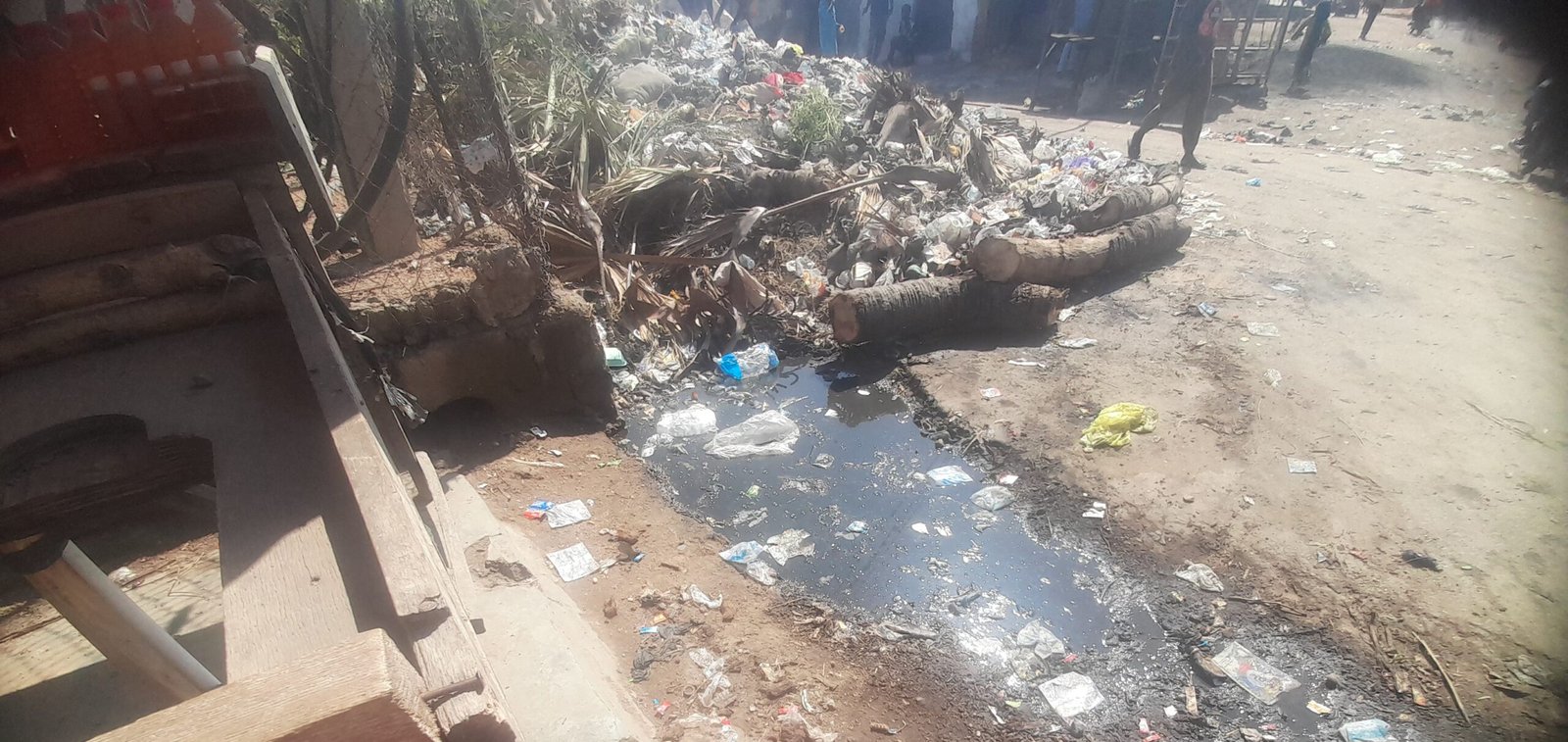The World Health Organization (WHO) has revealed a significant development in the field of pathogen genomic surveillance, with the announcement of US$ 4 million in funding from donors to establish a catalytic grant fund.
This fund aims to support organisations working in this area, particularly in low- and middle-income countries, to pilot projects and create an evidence base for scaling up pathogen genomic surveillance.
Sara Hersey, WHO Director for Collaborative Intelligence, emphasised the importance of this initiative, stating, “Genomic surveillance is a critical tool for countries to respond to public health threats. However, access to genomics has been highly uneven, and there is a risk that the incredible capabilities built up during the COVID-19 pandemic will be lost as the world’s focus shifts.”
The initial grants for the catalytic fund have been provided by the Bill & Melinda Gates Foundation, The Rockefeller Foundation, and Wellcome, to support the International Pathogen Surveillance Network (IPSN).
This network, convened by WHO through a Secretariat at the WHO Hub for Pandemic and Epidemic Intelligence in Berlin, aims to enhance global pathogen surveillance efforts.
Alex Pym, Wellcome’s Director of Infectious Disease, highlighted the impact of pathogen genomics and surveillance, stating, “Pathogen genomics and surveillance can tell us which pathogens exist in a population and how they are transmitting and evolving. These are key tools for researchers, policy-makers, and healthcare workers to rapidly identify and respond to outbreaks or the emergence of drug-resistant strains.”
The fund, hosted by the UN Foundation on behalf of the IPSN, according to a publication made on the WHO’s website will be available for IPSN members to apply for grant funding in February 2024.
It aims to empower lower-resource members to develop pathogen genomics surveillance tools as global goods, or pilot innovative approaches that generate insights to share across the network.
Manisha Bhinge, The Rockefeller Foundation’s Vice President for Health, expressed pride in supporting this critical mission, stating, “Pathogen genomics must become accessible to all countries and communities to ensure that we are prepared for rising pandemic and epidemic risks in the era of climate change.”.



